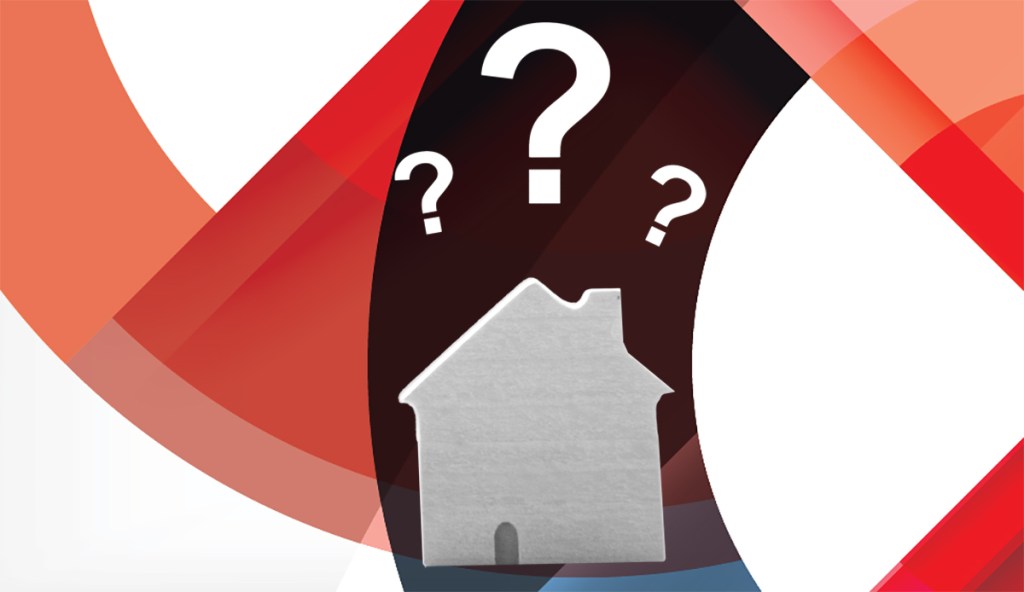
The much-talked-about $15,000 first-time homebuyer tax credit has made another appearance in Washington, D.C., this time as part of a housing bill introduced in the U.S. Senate. Though certain provisions of the bill contain some of the boldest proposed housing policy changes on record, affordable housing advocates say there’s one critical shortcoming.
The latest iteration, proposed by Senator Ron Wyden (D-OR), is nearly identical to a bill introduced in the House of Representatives earlier in the year. But there are some important changes within Wyden’s version, which is dubbed the “Decent, Affordable, Safe Housing for All (DASH) Act.”
Wyden’s bill would allow a borrower to use the tax credit for up to 20% of the purchase price, whereas the House’s version allows up to just 10%. The change is focused on helping low-to-middle income earners, but the definition of who qualifies as a first-time homebuyer has also notably been tweaked.
In Rep. Earl Blumenauer (D-OR) and Rep. Jimmy Panetta’s (D-CA) House bill, a first-time homebuyer is defined as someone who has “no present ownership interest in any residence during the three-year period ending on the date of the purchase of the residence.”
Meanwhile, Wyden’s bill defines a first-time homebuyer more narrowly, with borrowers being eligible only if they have not claimed any credit or deduction that had to do with a purchase of any property in previous taxable years, nor owned a property in the past.
Despite the subtle nuances between the two bills, affordable housing advocates said the tax credit approach present in both bills is not the way to address housing inequity.
“The concern is how you actually apply the tax credit to the closing, in terms of how you make it part of the down payment,” David Dworkin, president and CEO of the National Housing Conference, said in an interview with HousingWire. “Without a mechanism to do that, it only helps people who can already afford to buy a house and enables them to pay more for that house.”
Dworkin added that last year his colleagues “spent a lot of time trying to figure out how to bring the value of the credit to the closing table, and frankly, we couldn’t do it.”
Another fair housing advocate, who requested anonymity to speak freely about legislative initiatives, said that the tax credit is not a preferable method of closing the racial wealth gap because it is simply not targeted enough.
“If you have limited supply and such a broad ranging program, it could boost demand and result in higher home prices and not an increase in homeownership,” the advocate said.
Additionally, there are doubts regarding how effective the Internal Revenue Service would be in distributing funding when borrowers are at the closing table.
“I’m not sure that they have the infrastructure to do this, and I question, with the best of intentions, the IRS being able to pull that off,” the fair housing advocate said.
It seems that a more effective means of increasing minority homeownership is by providing down payment resources as a grant to first-time homebuyers.
“Direct cash subsidy is the only effective way to actually increase the pool of first-time homebuyer,” added Dworkin. “This group of homebuyers who use the tax credit the way it’s structured will be disproportionally white, but to narrow the gap for people of color, we need to focus it on first-generation homebuyers, who are disproportionately people of color.”
A bill that has garnered support from many nonprofits and housing advocates is from Rep. Maxine Waters (D-CA). Her bill, dubbed the “Downpayment Toward Equity Act of 2021,” would provide $20,000 to $25,000 for first-generation homebuyers to address multigenerational inequities. The status of the DPA bill is currently unknown.
Whichever way it’s done, David Stevens, former FHA commissioner under the Obama administration and a past president of the Mortgage Bankers Association, noted that “the needs of first-time homebuyers are not being met and are even being harmed by this tight market, so maybe that’s enough to propel one of these ideas forward.”
Apart from the tax credit provision, Wyden’s bill is looked upon favorably by the fair housing community, several advocates told HousingWire.
“The DASH Act could be one of the most impactful programs to support affordable housing in a generation, and it brings together some of the most impactful programs with new ideas that have been discussed for a long time, but that have never actually been adopted by Congress,” said Dworkin.
Specifically, Wyden’s bill proposes to expand the existing Low-Income Housing Tax Credit (LIHTC) program, establish a renter’s tax credit program, as well as a middle-income housing tax credit program. The bill also could establish the so-called “neighborhood homes investment act,” which would aid in the construction or rehabilitation of housing located in distressed neighborhoods.
It is expected that certain provisions inside of the bill will be included in a reconciliation package that Democrats have been vying to pass in tandem with the infrastructure bill.





